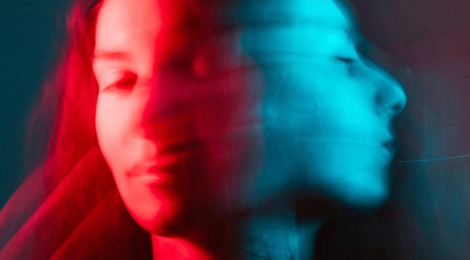
Your Brain Hallucinates Your Conscious Reality
In a research lab at the University of Sussex, neuroscientist Anil Seth and his team are trying to answer the age-old mystery of science and philosophy, “How does consciousness happen?” For many years it has been assumed consciousness is a topic outside the realm of science. Still, in the past two decades, researchers from diverse fields (from psychology to math and physics) have all come together to unravel the mystery of consciousness.
Despite the sci-fi Artificial Intelligence talk about the future generation of conscious computers and robots, Anil’s research has led him to believe that consciousness has nothing to do with intelligence. It is part of our nature of living and breathing organisms having the multi-sensory experience of the world out there and the experience of self. Through a series of remarkable examples, Anil leads the audience to experience for themselves how our perception of the world and even of our own selves is an active constructive process by the brain, rather than a passive one. In other words, the brain depends on prior experiences and information to make an informed guess of the incoming signals. He calls the process a controlled hallucination. “We are all hallucinating all the time, including right now. It’s just when we agree about our hallucinations, we call that reality,” Anil says.
In this way, controlled hallucination is mostly a by-product of evolution through many years with the primary aim of keeping us alive. Even the background experience of having a unified embodied sense of self is more about control and regulation than figuring out what is actually out there. This understanding can have significant implications in treating disorders such as depression and schizophrenia. If we understand how and when these predictions go wrong, we get closer to understanding the underlying mechanisms rather than trying to treat the symptoms.
Image Credits:
Feature Image: Joshua Fuller, on Unsplash, Creative Commons




This definitely has made me see how my body works through a different angle for real.